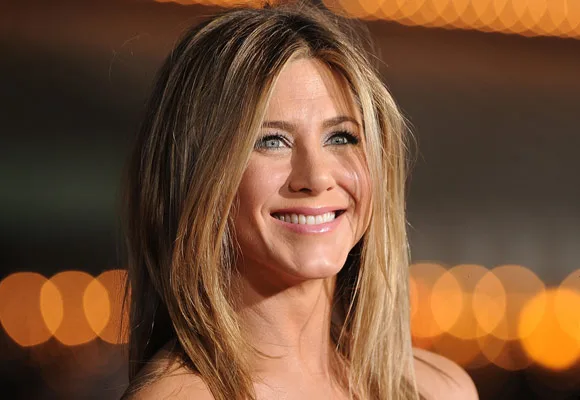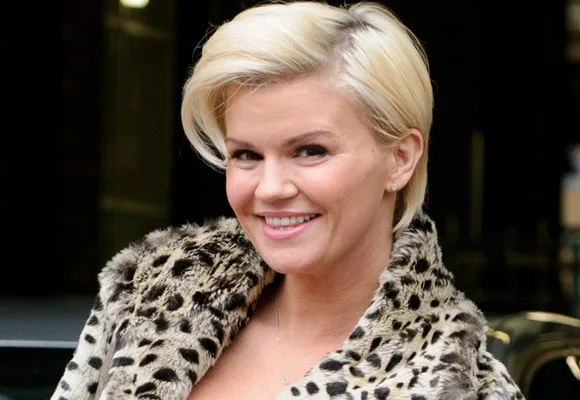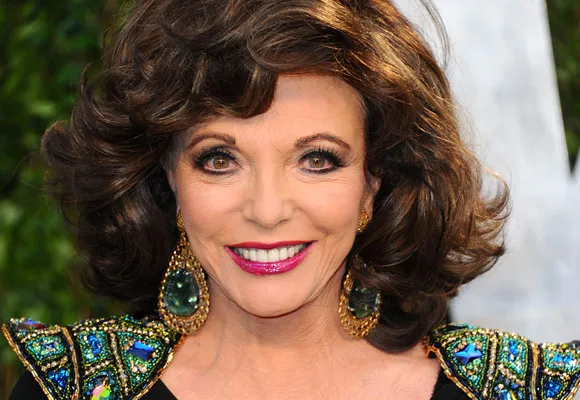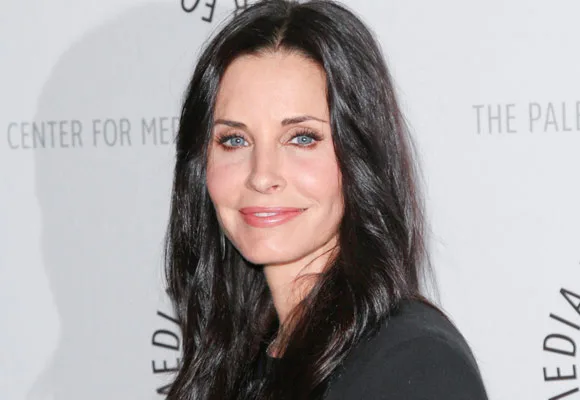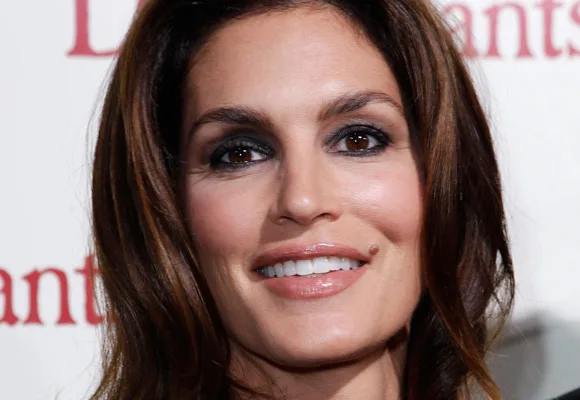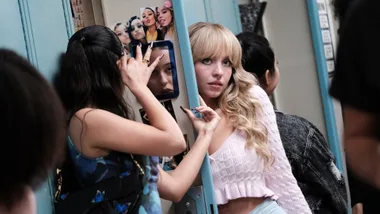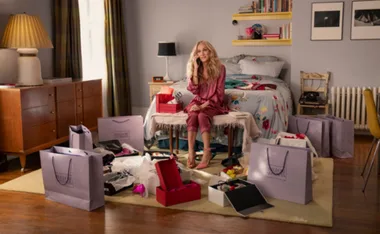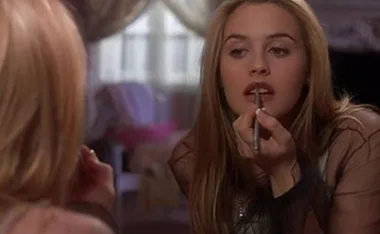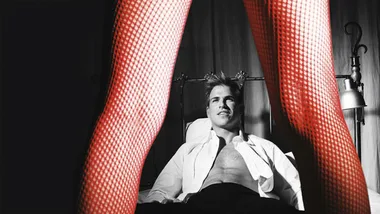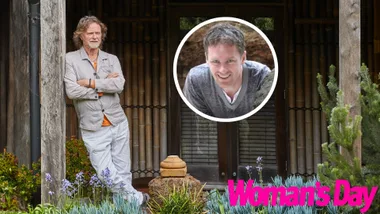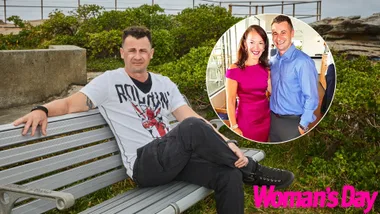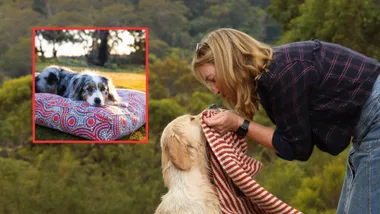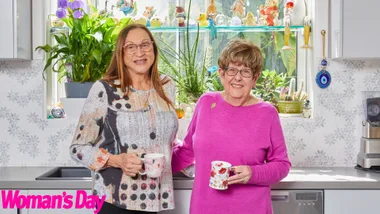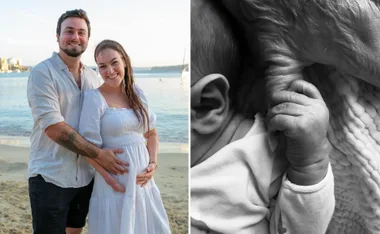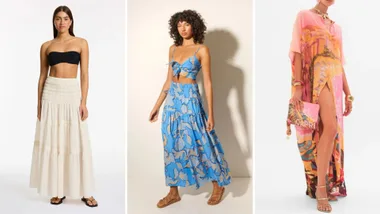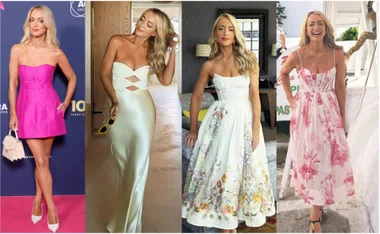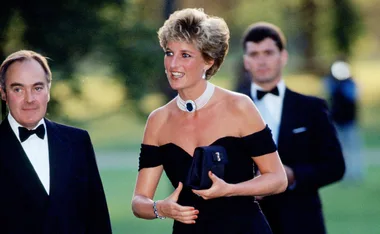It has never been easy to be a teenage girl. But it has never been harder than it is today.
Young women have always felt insecure about the way they look and their place in the world.
But when you throw modern-day pressures into the mix — 10-year-olds pouting on the cover of Vogue, perverts stalking Facebook, simulated sex on video clips — you have a generation desperately needing understanding, support and guidance from its elders.
In pictures: Beauties who have banned airbrushing
Never before have girls been sexualised so young. Toddlers are being paraded in beauty pageants. Sexy clothes are being marketed to “tweens”. Teenagers are saving up to have breast implants, liposuction, nose jobs.
Girls are shaving all their pubic hair off in year seven. Sending nude pictures is the new flirting for kids as young as 12. Boys are getting their sex education from online porn.
These aren’t easy issues to address. We need smart education, strong parenting — and we need to set good examples.
One of the things that most worries young women is their body image. A Mission Australia survey of people aged 11 to 24 found girls were more concerned about the way they look than anything else.
As adults, we forget how crippling this insecurity can be. The older you get, the more you understand that it’s impossible to look like a stick-figure on a fashion magazine cover, and the less you want to anyway.
You realise you’re lucky if your body is healthy, even if you would still like to lose 5 kilos. But teenage girls are still learning about the world, and their place in it.
The messages that it’s all about size comes from a million bewildering angles; advertising, fashion photos, music clips, weight-obsessed celebrities, boyfriends, mothers. It’s impossible to put these things into perspective when you’re in the insecure haze of adolescence.
There is no simple solution, just small steps in the right direction. That’s why I agreed to chair the Positive Body Image Awards.
The awards recognise businesses in media, entertainment, fashion and advertising industries for their efforts to send a positive message to young women between 12 and 25.
It is not a solution. But recognising those who make an effort and set a good example can keep key players in this area aware of the issues and reward businesses that do the right thing.
I know readers want change. They demand less airbrushing and more real women. And we would love to be able to deliver this to them every month. But it’s not that simple.
Firstly, many celebrities insist on having their photographs retouched. Some will not allow their pictures to be used without it.
Many photographers insist, understandably, on carrying out their own retouching. Since I have been at The Weekly, only two have embraced the idea of no retouching.
In one case, Sarah Murdoch, she was then criticised. Mia Freedman was the other. But it’s impossible to find a picture of an overseas celebrity that hasn’t been retouched.
Secondly, while women might ask for honest photographs, they buy beautiful ones.
On a stand full of international magazines, we compete with Vanity Fair, Italian Vogue and dozens of others. They all use Photoshop. People want to buy magazines with dazzling covers.
Magazines are often in the firing line on Photoshop, but they are not the only culprits. Advertisers do it. Film and television do it. Newspaper photos are often adjusted to make the colours more dramatic.
News and lifestyle websites use retouched images, often without knowing, because they have bought them from a photo agency.
The technology is so accessible, any of us can air brush our own photographs.
The genie is out of the bottle when it comes to Photoshop and some argue where do you draw the line? Why not ban makeup, soft lighting, Botox and boob jobs as well?
But I believe there is a case for using the technology more responsibly.
At The Weekly when we retouch photographs we do it lightly. Whenever we alter an image, we declare it on the page, and we encourage celebrities to accept lightly touched images.
I know that’s not going far enough for some people. But magazines (like fashion) are a business.
When Peter Garrett asked me what could be done to reduce the body issues of young women, I didn’t have the answer. I still don’t.
But I am aware that the decisions we make do have an influence on young lives.
In pictures: The worst Photoshop fails
Helen McCabe is editor in chief of the Australian Women’s Weekly and the chair of the Body Image Awards.
Your say: What do you think we can do to improve body image among young women?
Newsletter conversion description. Get the latest in your inbox.





















